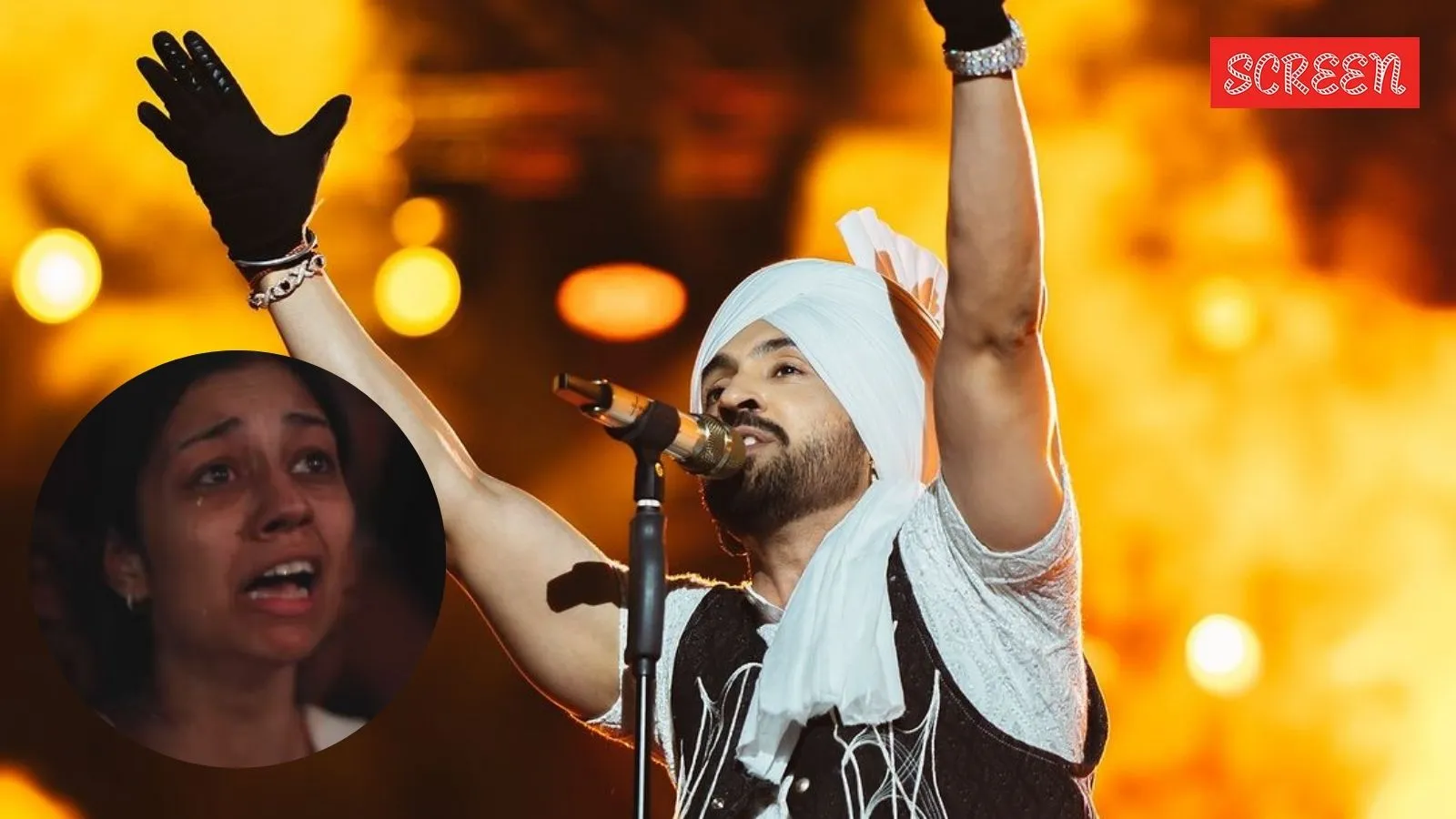 |
|
The recent incident involving a female fan at Diljit Dosanjh's Jaipur concert highlights a growing concern within the digital age: the unchecked cruelty of online trolling. The fan, overcome with emotion during Dosanjh's performance, was recorded on video crying uncontrollably. This seemingly innocent display of affection and connection with the artist's music was met with a barrage of negative comments and ridicule on social media. This incident isn't isolated; many fans express their adoration through tears, yet this emotional response is often misinterpreted and weaponized by online trolls to inflict emotional damage. The anonymity and relative lack of accountability afforded by the internet seem to embolden some individuals to engage in hateful and hurtful behavior, targeting vulnerable individuals who are simply demonstrating genuine emotional engagement.
Dosanjh’s response to this incident demonstrates responsible celebrity engagement in the digital age. Rather than ignoring the negative commentary or dismissing the fan's reaction, Dosanjh took a public stand, defending the fan and condemning the trolls. His Instagram post, and subsequently his statements at his Hyderabad concert, explicitly acknowledged that crying during musical performances is a natural and valid emotional response. By highlighting the emotional depth of music and its ability to evoke a wide range of feelings – joy, sadness, excitement, sorrow – Dosanjh effectively de-stigmatizes the fan's emotional display. He eloquently linked crying to emotional sensitivity, emphasizing that the capacity to cry is a positive attribute, not a weakness, and certainly not something to be ridiculed. This approach is not only supportive of his fans but also challenges the often-callous nature of online interactions and encourages a culture of empathy and understanding.
Dosanjh's powerful message, particularly his statement, “You are insulting her, you are insulting the daughter of the country,” directly confronts the misogyny often underlying online attacks against women. He successfully frames the trolling not just as a personal attack on the fan but as a broader societal issue, highlighting the disrespect towards women that is often concealed behind anonymity on social media platforms. Furthermore, by actively promoting a video featuring other female fans openly expressing their tears at his concerts, he amplifies the idea that emotional expression isn't limited to one gender and that showing emotion is something to be celebrated rather than shamed. This act of solidarity has garnered substantial support from other users, who expressed appreciation for Dosanjh's defense of the fan and his outspoken condemnation of online trolling. The comments emphasize that Dosanjh's stance represents a valuable counterbalance to the toxic elements increasingly prevalent in online culture.
This entire situation underscores the urgent need for a more responsible and compassionate online environment. While platforms grapple with issues of moderation and censorship, the onus also falls upon individuals to promote respect and empathy in their interactions. Dosanjh's actions serve as a potent example of how public figures can use their influence to combat online bullying and encourage a more positive digital culture. By publicly championing his vulnerable fan and denouncing the trolls, he's not only defended an individual but also set a precedent for other public figures to speak out against online harassment. The incident, and Dosanjh's response, should serve as a reminder that emotional vulnerability is a strength, not a weakness, and that online spaces should foster understanding and compassion, not cruelty and judgment. The ongoing dialogue surrounding this event highlights the complexities of online interactions and the responsibility of both individuals and platforms in creating a safer and more inclusive digital environment for everyone.
The incident serves as a stark reminder of the pervasive impact of online trolling and the urgent need to foster a more empathetic and respectful online culture. The unchecked nature of online spaces allows individuals to express harmful opinions without accountability, and this incident exemplifies the real-world consequences of such actions. The emotional distress caused to the fan, and the ripple effect it has had on discussions around online behavior, emphasizes the significance of addressing this issue. The public's reaction to Diljit Dosanjh's statement further highlights the need for celebrities to utilize their influence to promote positivity and challenge negative online trends. This situation underscores the importance of promoting media literacy, responsible online behavior, and the crucial role of empathy in shaping a more positive digital world for everyone.
